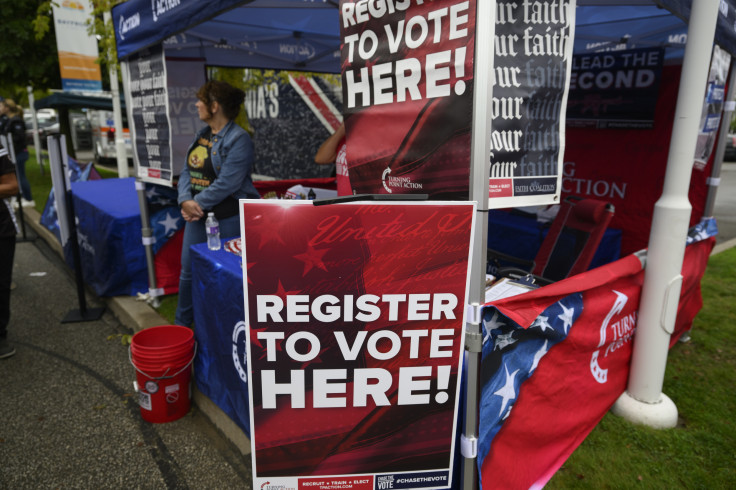
Back in early September, a piece from The New York Times revealed that the fear around noncitizen voting had mobilized a network of Republicans across the country ahead of the U.S. elections, many of whom were energized by former President Donald Trump's claims of a rigged result back in 2020.
The sprawling report also showed that these activists were putting pressure on local election officials to implement measures to reduce it, despite the fact that independent studies have shown that not only is it extremely rare for noncitizens to make it into voter rolls, its even rarer for them to cast ballots once elections take place.
Nevertheless, despite it already being illegal for noncitizens to vote in federal elections, eight states are set to vote to ban noncitizens from voting in November by explicitly stating in state constitutions that only citizens can vote, as Reuters reports. The states involved include North Carolina and Wisconsin, both key battlegrounds in the upcoming election, as well as five GOP-led states (Idaho, Iowa, Missouri, Oklahoma, and South Carolina) and one Democratic one (Kentucky).
Political analysts and democracy advocates note that noncitizens are already barred from voting in federal elections, arguing that doubts about the electoral process have largely been fueled by Trump's false claims that his 2020 loss to Biden was due to widespread voter fraud.
Trump has repeatedly claimed that noncitizen voting could skew the election outcome. Supporters of the measures argue that the amendments address voter concerns, particularly in light of record numbers of illegal border crossings during President Joe Biden's administration and the discovery of small numbers of potential noncitizens on voter rolls.
Jason Simmons, chair of the North Carolina Republican Party, told Reuters that voters want to ensure that all counted votes are legitimate. Republican pollster Whit Ayres also pointed out that 70% of Republicans now believe the 2020 election was fraudulent, largely due to Trump's repeated assertions.
Currently, only 17 localities across the U.S. allow legal noncitizens to vote in local elections. These areas include San Francisco and Washington, D.C., where noncitizens can vote in municipal races. Trump's allegations regarding noncitizen voting date back to the 2016 election, where he claimed millions of noncitizen immigrants had voted illegally after losing the popular vote to Hillary Clinton.
© 2024 Latin Times. All rights reserved. Do not reproduce without permission.










